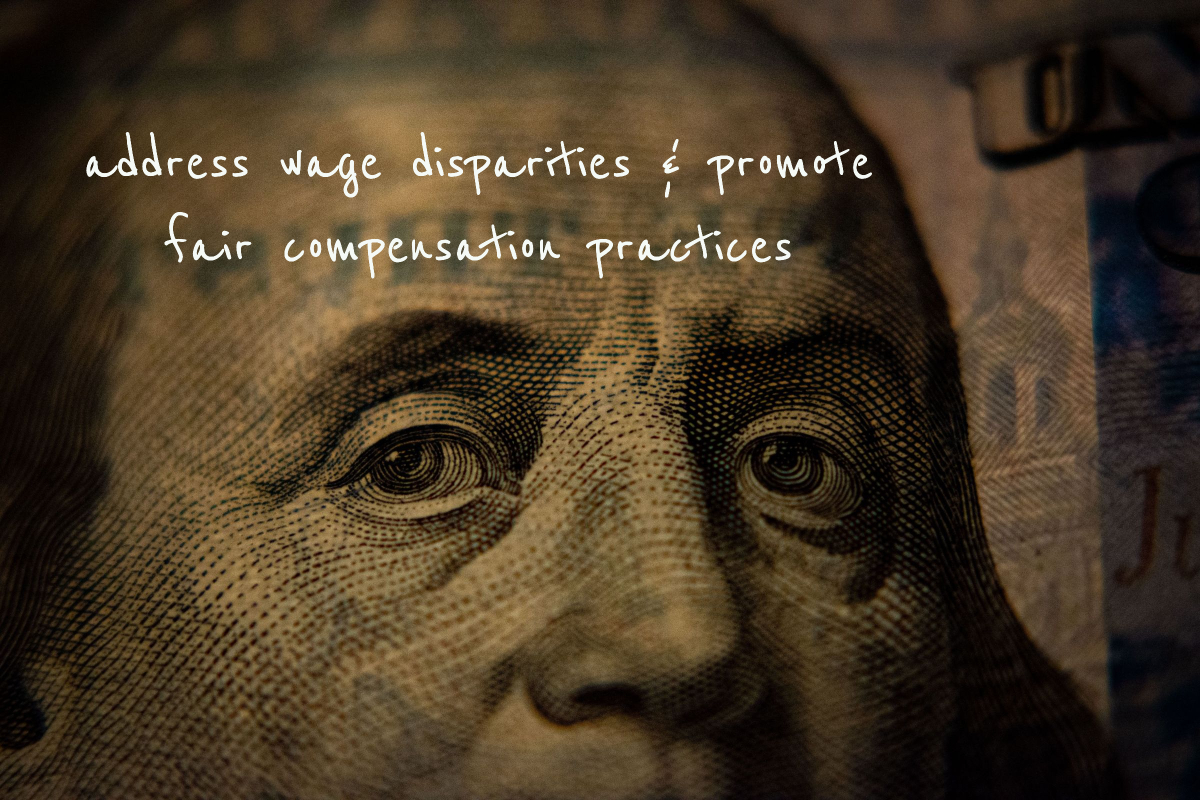Emery Reddy Files 31 Pay Transparency Lawsuits Against Major Companies
Emery Reddy, a law firm known for advocating workers’ rights, has recently filed 31 lawsuits targeting various companies for violations of Washington State’s pay transparency laws. These lawsuits aim to address significant issues related to wage discrepancies and the lack of salary information provided to employees.
Background of the Lawsuits
In Washington State, pay transparency laws require employers to disclose salary ranges for job positions to ensure fair compensation practices. These laws are designed to prevent wage discrimination and promote equal pay for all workers. The lawsuits allege that several companies have failed to comply with these regulations, resulting in unfair labor practices.
Specific Companies and Allegations
Amazon
One of the prominent companies facing a lawsuit is Amazon. The lawsuit claims that Amazon did not provide clear salary ranges for various job listings, violating state transparency laws. This lack of transparency allegedly led to significant wage disparities among employees performing similar roles.
Microsoft
Microsoft is also under scrutiny for similar violations. The lawsuit against Microsoft alleges that the company did not disclose salary ranges for several positions, which may have contributed to unequal pay among employees. This non-compliance with pay transparency laws has raised concerns about fairness and equity within the company.
Boeing
Boeing is another major company named in the lawsuits. According to the allegations, Boeing failed to provide salary information for numerous job postings, potentially leading to wage discrimination. The lawsuit seeks to address these violations and ensure that Boeing adheres to state laws regarding pay transparency.
Starbucks
Starbucks, known for its extensive workforce, is also facing legal action. The lawsuit claims that Starbucks did not comply with the pay transparency laws by withholding salary information from job applicants and employees. This lack of disclosure is seen as a barrier to fair pay practices within the company.
Legal and Monetary Obligations
The lawsuits filed by Emery Reddy seek both monetary and legal remedies. The primary goal is to ensure that these companies comply with Washington State’s pay transparency laws moving forward. Additionally, the lawsuits aim to secure compensation for affected employees who may have experienced wage disparities due to the lack of transparency.
Monetary Compensation
The lawsuits are seeking financial compensation for employees who were affected by the non-compliance. This includes back pay for wage differences and damages for any financial harm caused by the lack of salary information. The total monetary obligations could amount to millions of dollars, depending on the number of employees impacted and the extent of wage discrepancies.
Legal Compliance
In addition to monetary compensation, the lawsuits demand that the companies implement changes to their hiring and compensation practices. This includes providing clear salary ranges in job postings and ensuring that all employees have access to information about their pay. The goal is to create a more transparent and fair work environment for all employees.
Impact of the Lawsuits
The outcomes of these lawsuits could have significant implications for employment practices in Washington State and beyond. If successful, these legal actions will set a precedent for enforcing pay transparency laws and ensuring fair compensation for all workers. This could lead to broader changes in how companies approach salary disclosure and address wage disparities.
Moving Forward
As the lawsuits progress, companies named in the legal actions will need to review and adjust their compensation practices to comply with state laws. This includes adopting more transparent hiring processes and providing clear salary information to employees. The legal actions by Emery Reddy highlight the importance of pay transparency in promoting fair and equitable workplaces.
Conclusion
The 31 lawsuits filed by Emery Reddy against major companies like Amazon, Microsoft, Boeing, and Starbucks underscore the critical need for compliance with pay transparency laws. These legal challenges aim to address wage disparities and promote fair compensation practices, setting the stage for more transparent and equitable workplaces in the future.











